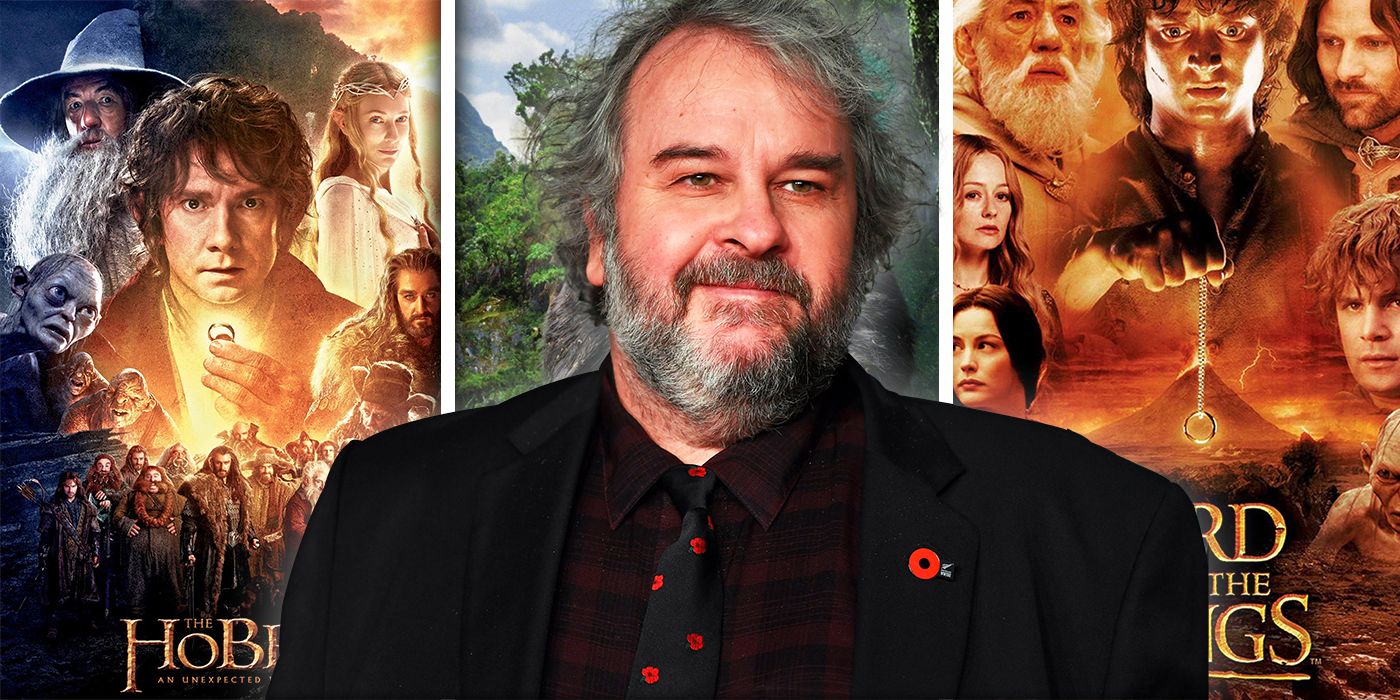
New Zealand director Peter Jackson is best known for doing what very few thought was possible by bringing J.R.R. Tolkien's The Lord of the Rings trilogy to life, but when looking at Jackson's filmography before The Lord of the Rings and The Hobbit, it's stunning to see that the man who made those films also directed some of the wildest genre films of the '90s.
From the low-budget cult favorites of his early days to his sweeping fantasy epics from the 21st century, critics have been favorable towards Jackson's films. Here is a ranking of all 13 feature films -- excluding documentaries -- directed by Peter Jackson according to their scores on Rotten Tomatoes and Metacritic.
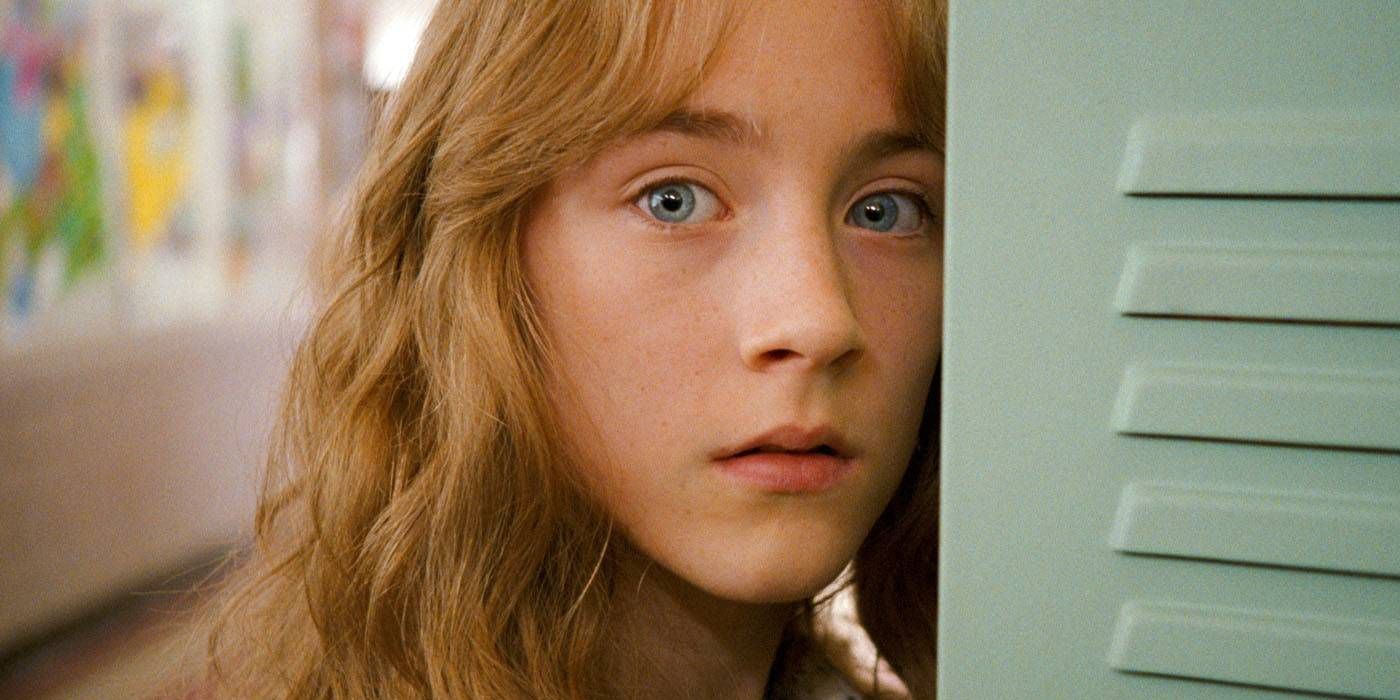
Most would agree that Jackson's weakest feature is The Lovely Bones. Despite a great cast featuring Saoirse Ronan, Mark Wahlberg, Susan Sarandon and Stanley Tucci's Oscar nominated performance, critics panned the movie for its uneven amount of dark violence with sentimentality; however, I.E. Weekly critic and Unspooled podcast host Amy Nicholson defended Jackson's take, writing, "Alice Sebold's evocative best seller proves to be more unfilmable than Tolkien's sprawling fantasy trilogy -- a disappointment, yet it's impossible for anyone to do it better."
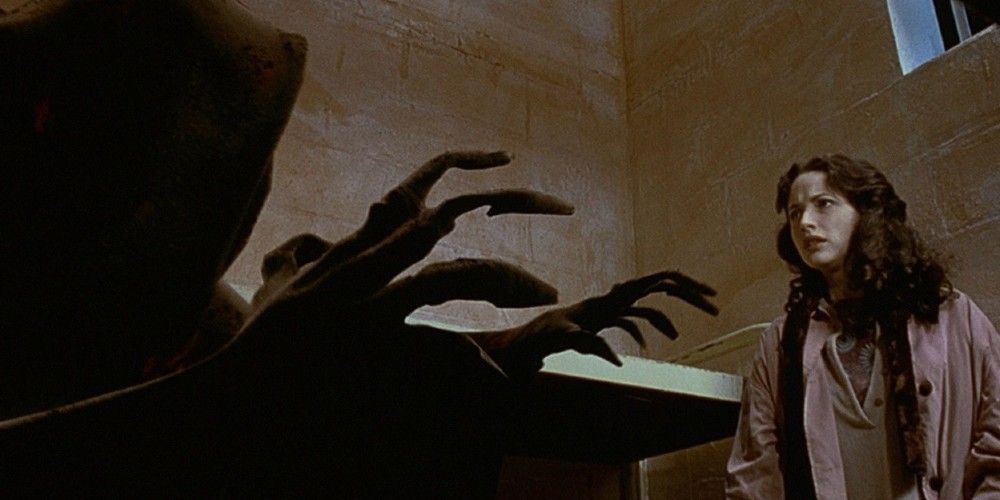
Jackson's last movie before The Lord of the Rings is a horror-comedy starring Michael J. Fox playing an architect who practices necromancy. His character confronts a demonic spirit who kills the living and the dead. Critics were overall mixed on The Frighteners with a 52 on Metacritic and a 64 percent on Rotten Tomatoes. Iconic film critic Gene Siskel gave it a thumbs down, calling it, "a dreary, needlessly violent and ugly comic thriller."
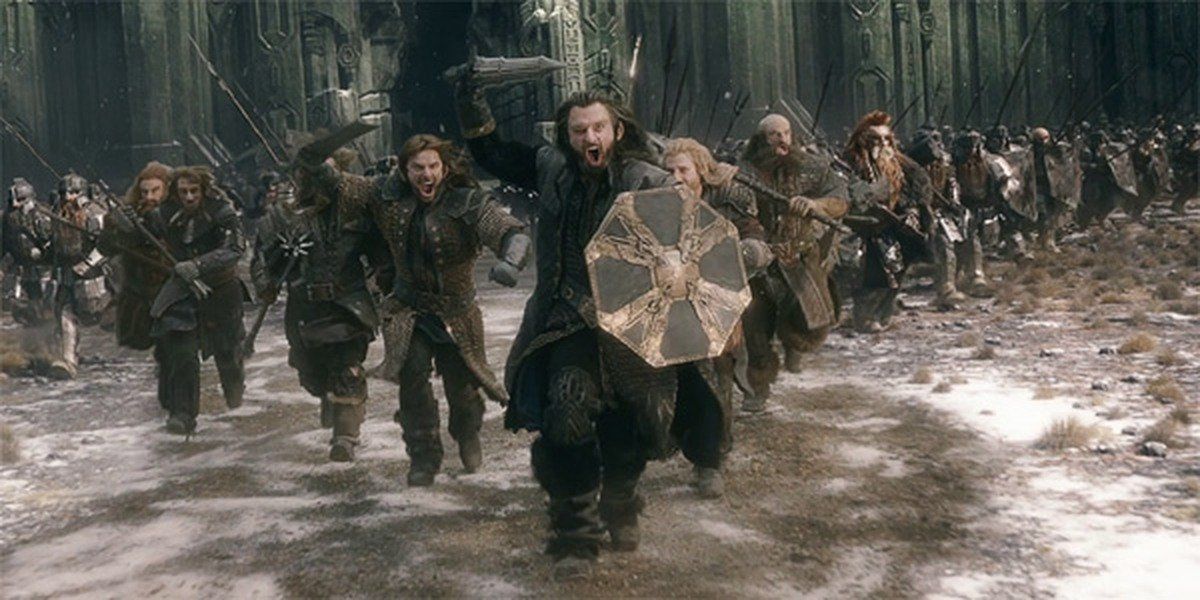
By the time The Battle of the Five Armies came out, audiences were fatigued with The Hobbit films. It's expansion into a three-film trilogy took out the charm of J.R.R. Tolkien's novel. It's the only Middle-earth film with a rotten Tomatometer with 59 percent. It also has a 59 on Metacritic. However, famed film critic Leonard Maltin actually gave Five Armies a positive review, writing, "with some of the most exciting hand-to-hand combat I've ever seen portrayed onscreen, the final film in The Hobbit trilogy really delivered the goods."
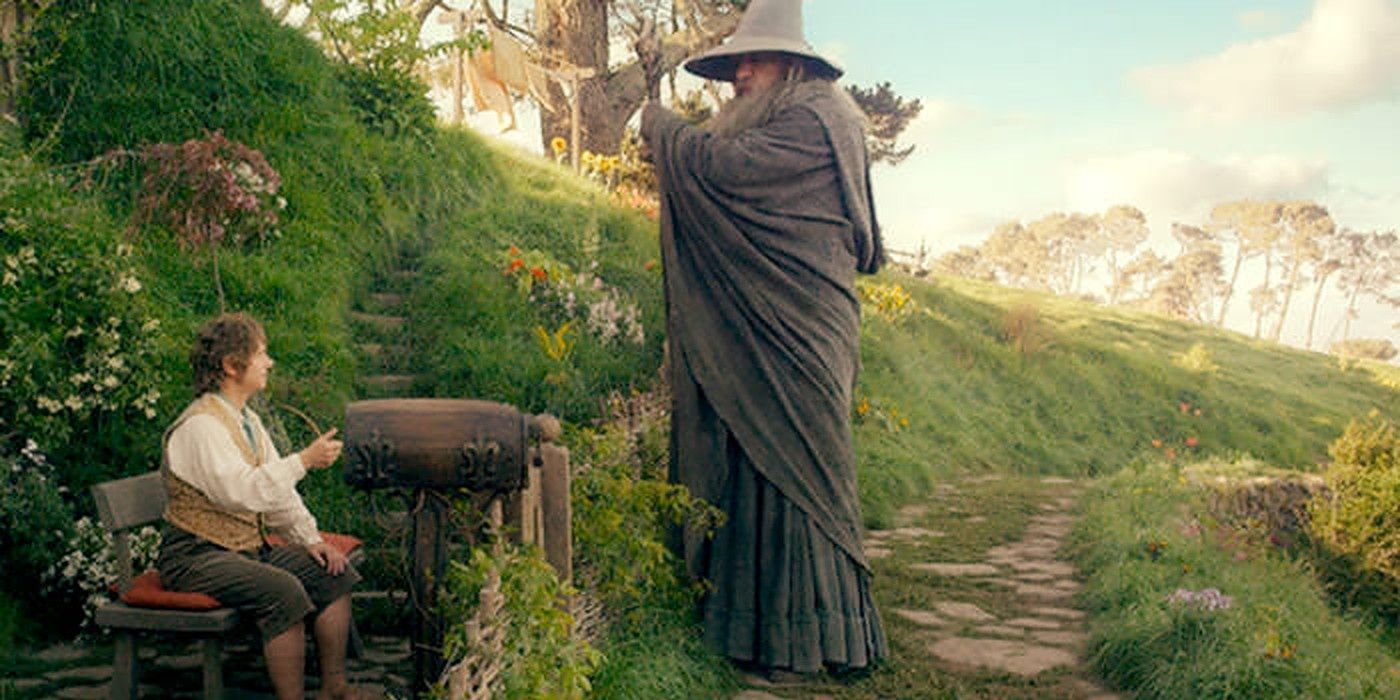
Jackson's return to Middle-earth had huge expectations, but critics were disappointed in the first Hobbit film that resulted with a mixed score on Metacritic at 58 and a fresh Tomatometer with 64 percent. New York Times critic A.O. Scott wrote, "Tolkien's inventive, episodic tale of a modest homebody on a dangerous journey has been turned into an overscale and plodding spectacle." Critics were also not keen on the film when it premiered to them in 48 frames-per-second and in 3D, distracting them from enjoying the good parts.
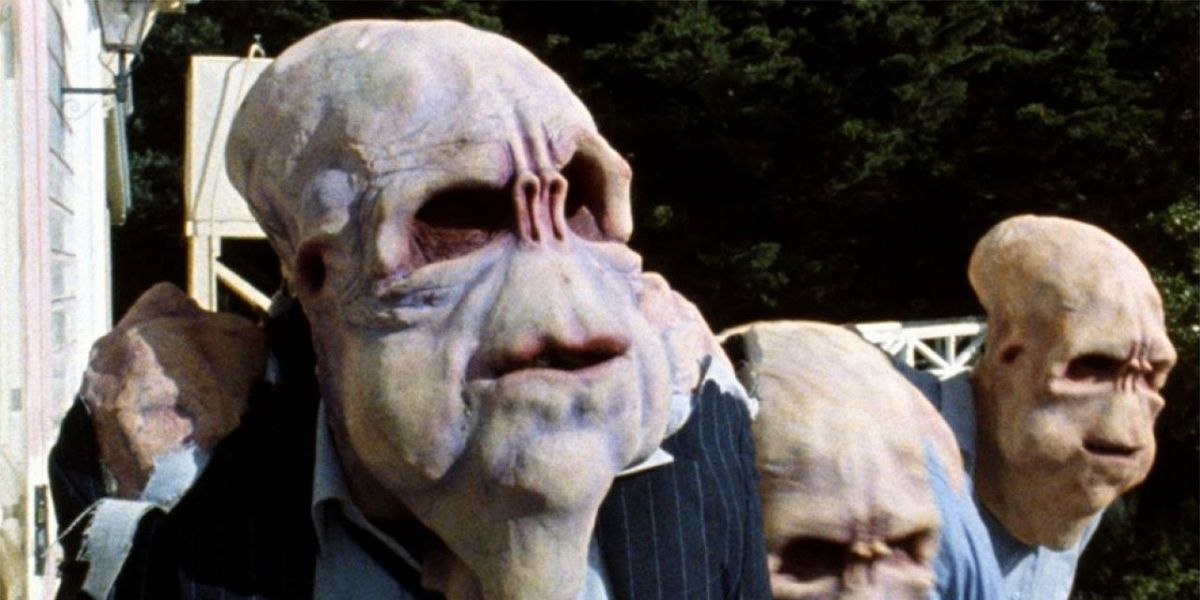
Jackson's directorial debut was originally going to be a 20-minute short film called Roast of the Day, but it eventually evolved into the feature film about invading aliens looking to take human flesh for their fast-food chain. Though it has a mixed Metacritic score with 52, it has a fresh 71 percent on Rotten Tomatoes. Critic Dan Fienberg wrote, "I miss Peter Jackson in his ultra low-budget horror mode. He always looked like he was having fun."
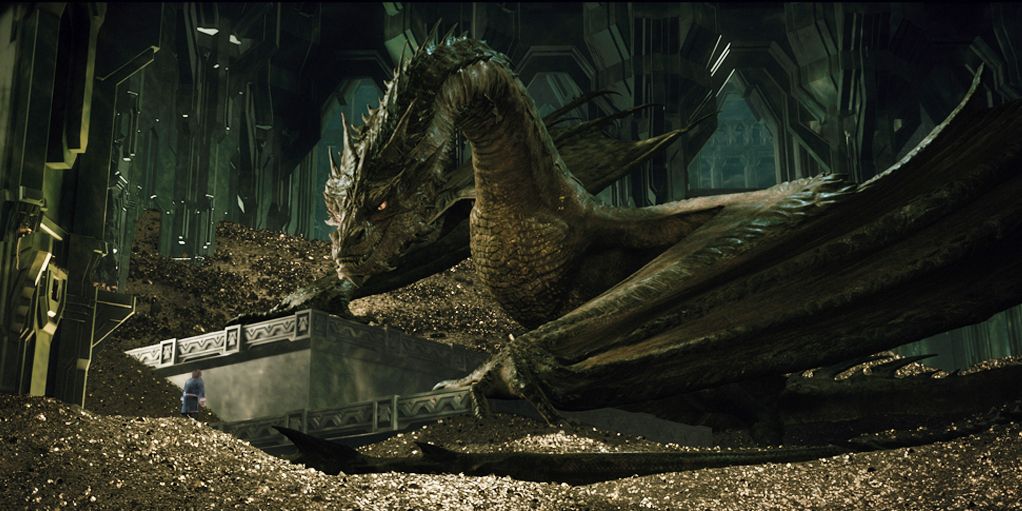
The best reviewed film from The Hobbit trilogy benefits from improved action set-pieces and an entertaining confrontation between Bilbo Baggins and Smaug. It's the only Hobbit film with a positive rating on Metacritic and a 74 percent on Rotten Tomatoes. Reel Talk Online writer Candice Frederick wrote, "Jackson managed to do something that I never thought was possible -- make me care about a Hobbit tale. He also delivered one of the best cliffhangers of the year."
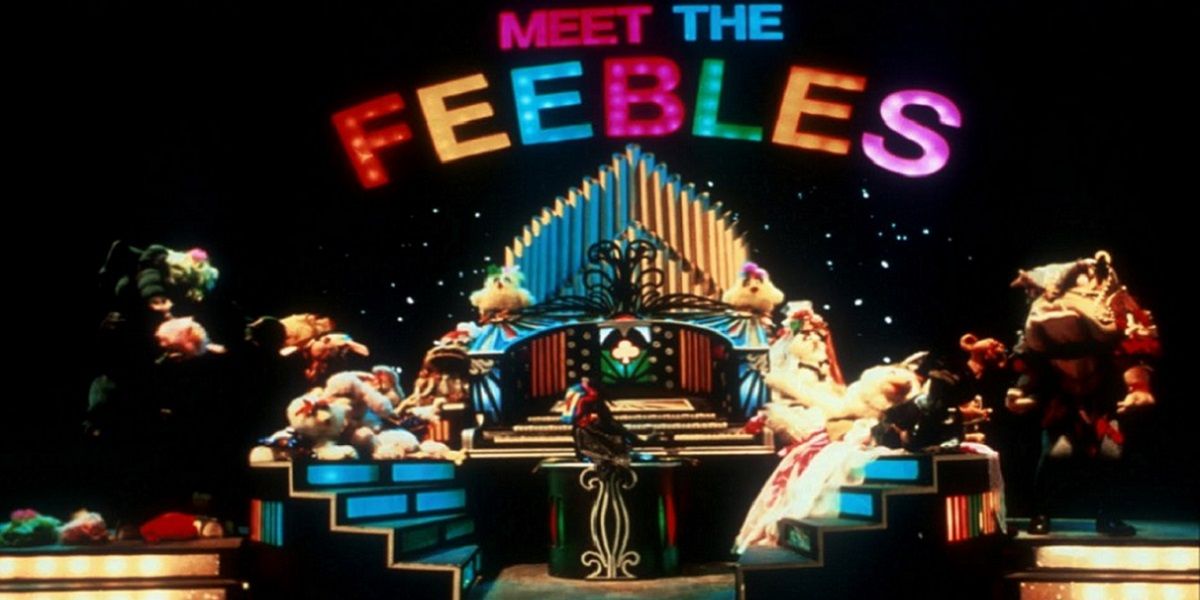
Jackson's second feature film is an R-rated Muppet Show parody that cannot be described in words. The debauchery the puppets commit includes sex, drugs, Vietnam flashbacks, psychological breakdowns and a brutally violent climax. Although it's the only Jackson film without a Metacritic score, it has a 71 percent rating on Rotten Tomatoes. Tim Brayton of Agony & Ecstasy wrote, "a unique experiment, and one whose insights into human behavior aren't as important as its sense of curdled black humor. [But] we can't just write it off as a gonzo provocation."
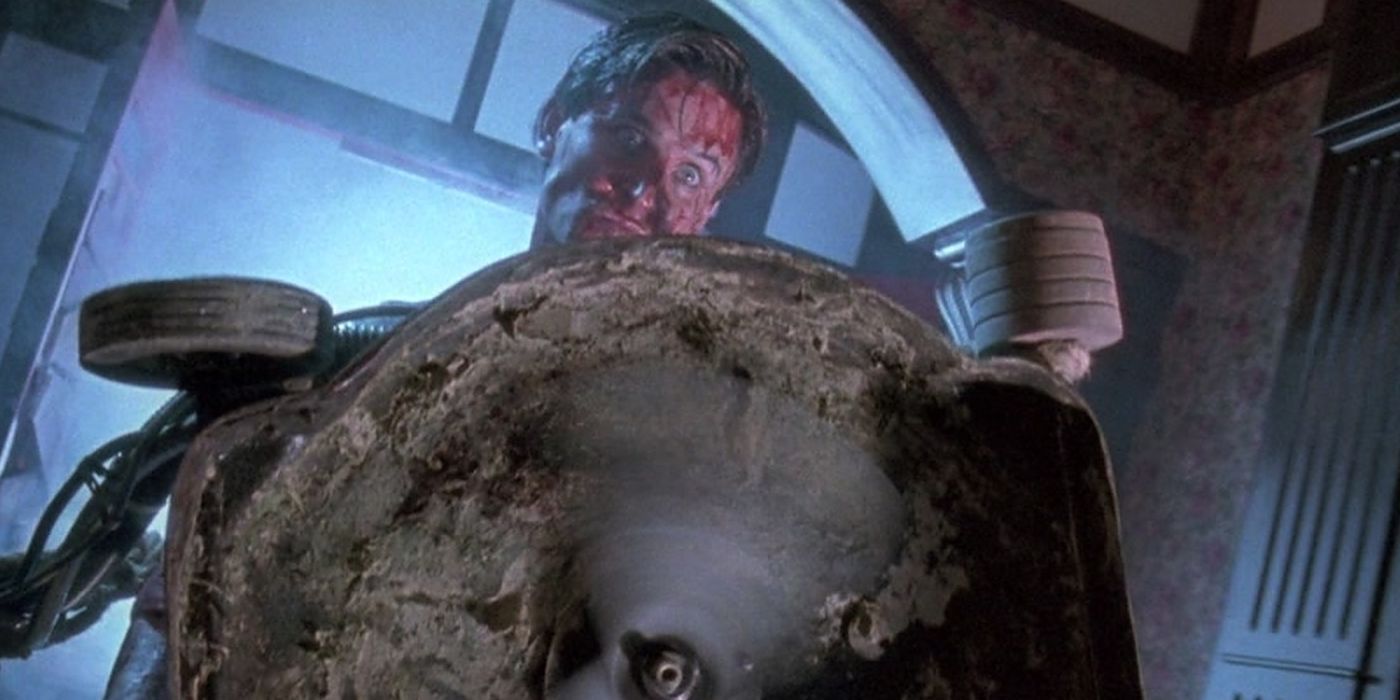
Also known in North America as Dead Alive, the zombie-flick Braindead has a legacy of being one of the goriest movies ever made. Like most zombie movies, the plot is simple, following a young man as he protects his mother-turned-zombie, who herself infects their neighbors. Despite an average Metacritic score of 54, it has a high 88 percent on Rotten Tomatoes. Marc Savlov of the Austin Chronicle called it, "The Citizen Kane of Oedipal zombie-cannibal-right to death-comedy-love stories."
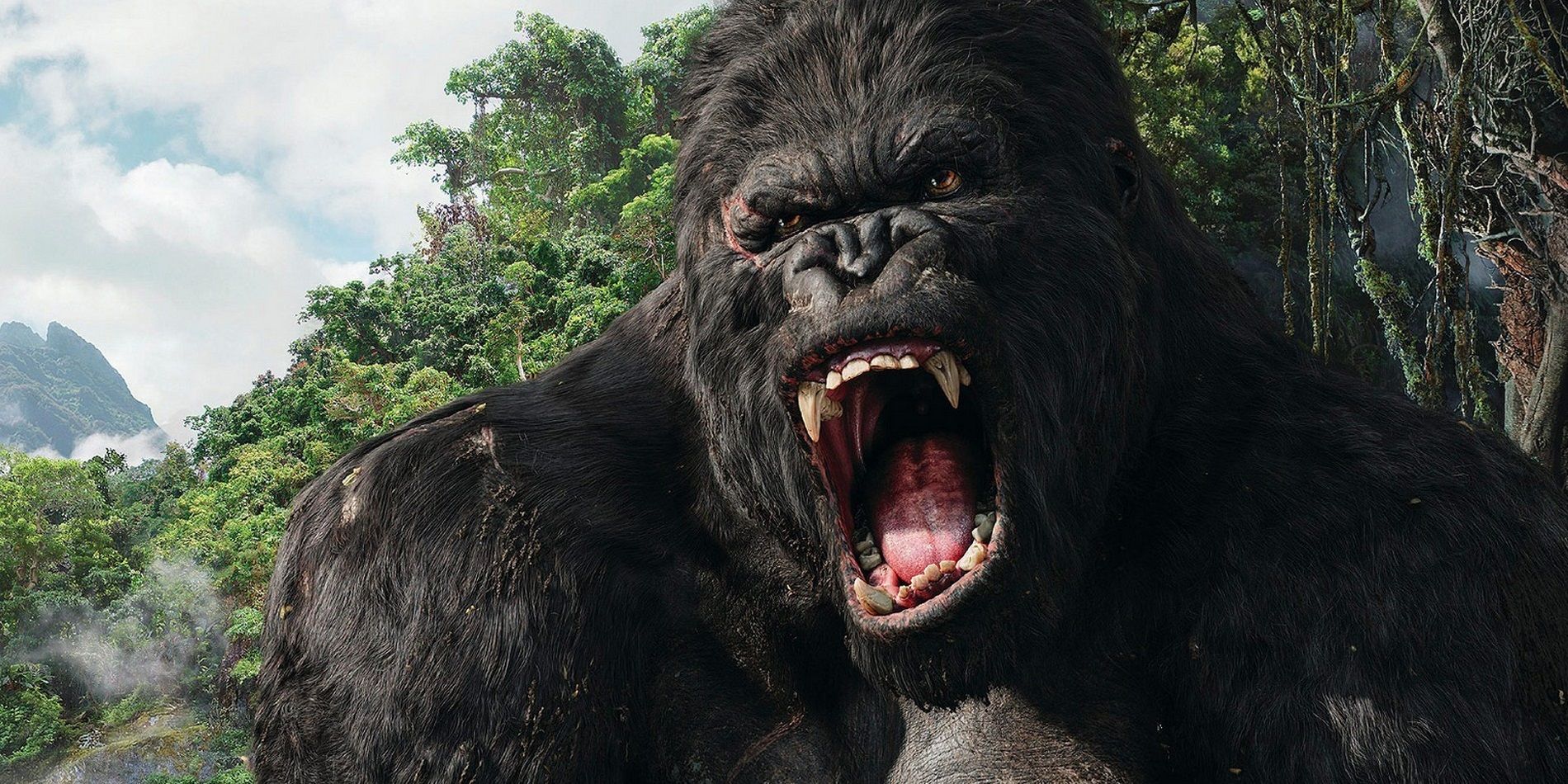
Following The Lord of the Rings, Jackson was free to make whatever movie he wanted, so he remade the 1933 classic King Kong. Although it has an impressive 81 on Metacritic and an 84 percent on Rotten Tomatoes, audiences have been less kind to the remake due to it's crushing three-hour runtime. Decent Films Guide critic Steven D. Greydanus curiously called it, "one of those mad movies, like Moulin Rouge! or Burton's Charlie and the Chocolate Factory, that fully justifies and deserves all the best and worst that can be said for or against them."
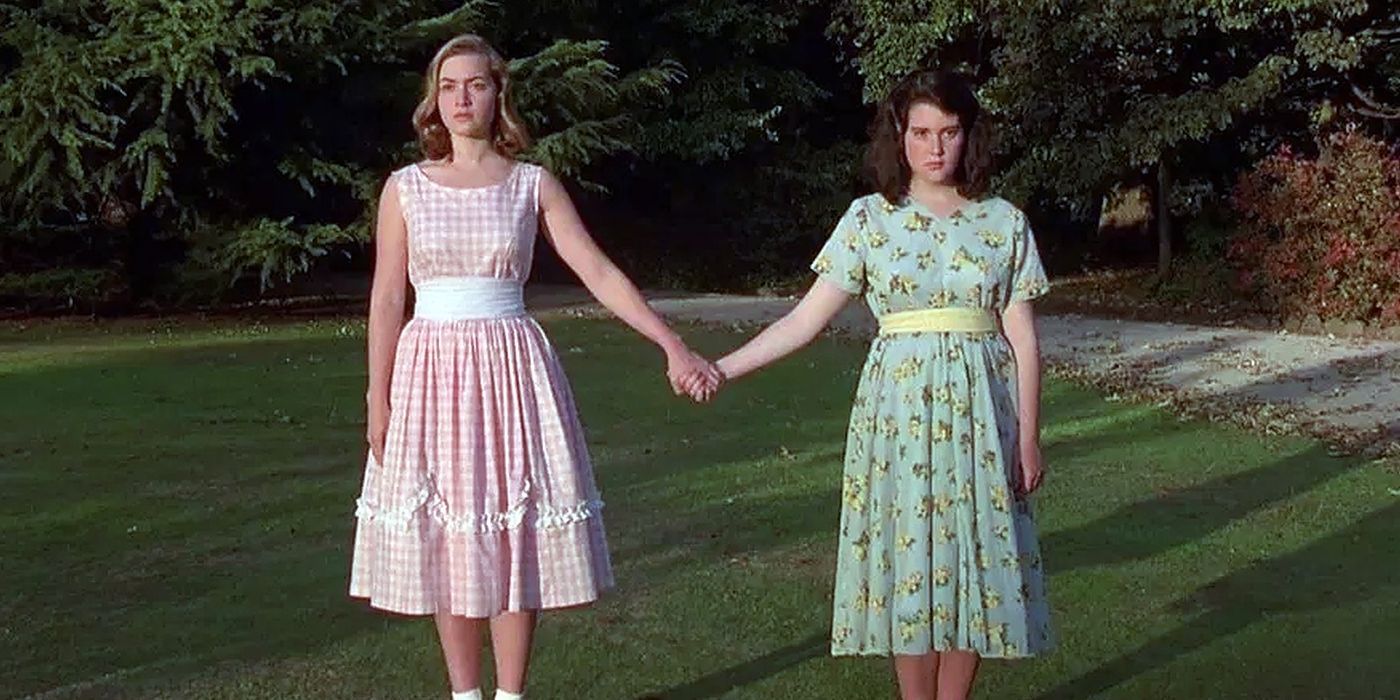
Heavenly Creatures is Jackson's most critically praised film outside of Middle-earth with a 92 percent on the Tomatometer and an 86 on Metacritic. This dark thriller about deadly teenage girls trying to escape into their fantasies put Jackson and a young Kate Winslet on the Hollywood map. The great Roger Ebert gave the movie 3.5 out 4 stars, writing, "what makes Jackson's film enthralling and frightening is the way it shows these two unhappy girls, creating an alternative world so safe and attractive they thought it was worth killing for."
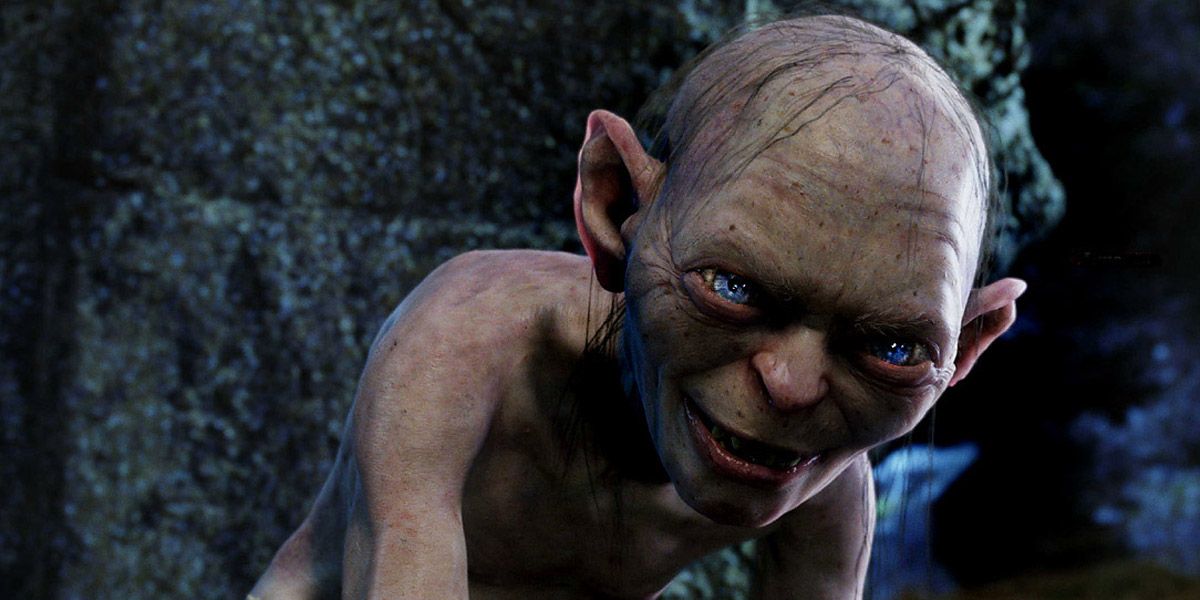
The Two Towers has the highest score on Rotten Tomatoes with 95 percent; however, it takes a dip with a score of 87 on Metacritic. Having the lowest average score of the trilogy is likely because it's stuck in the middle of an epic story, but it still has plenty of great action and character development. Richard Roeper of Ebert & Roeper said of Two Towers, "This film doesn't change my review of the original, but it does have me eagerly looking forward to the final installment. I liked it a lot!"
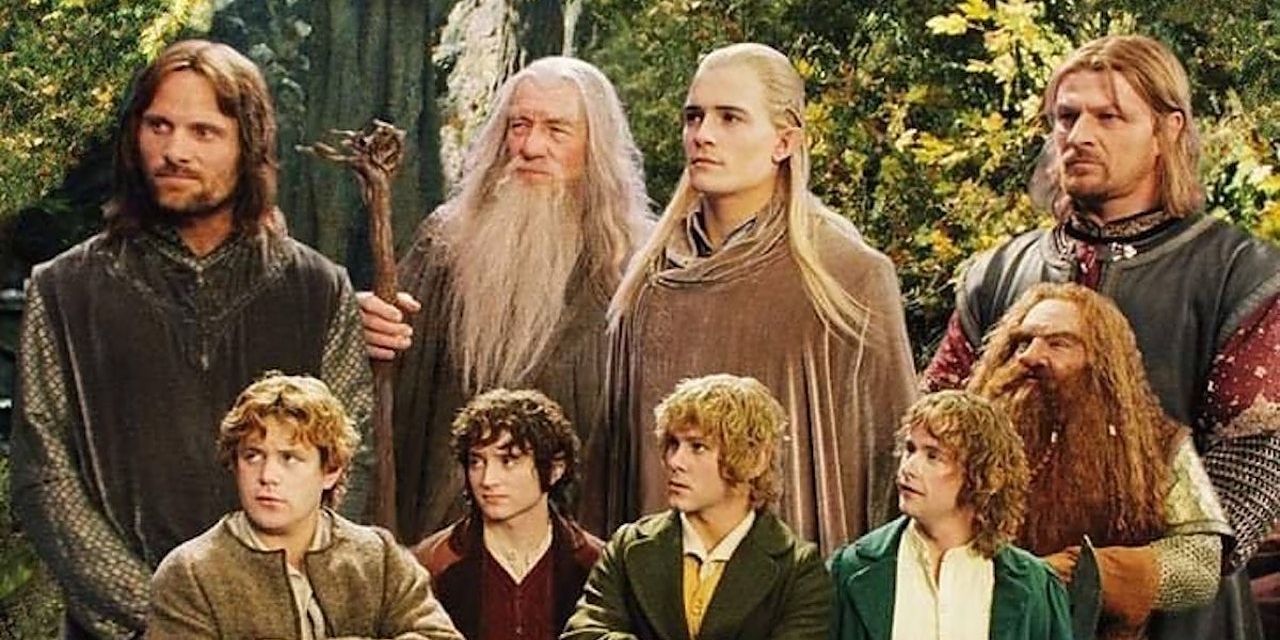
Not much else can be said about The Fellowship of the Ring that hasn't already been said. Despite it's huge place in film history, it's surprisingly not Jackson's most critically acclaimed film with a 91 percent on Rotten Tomatoes and a 92 on Metacritic. The small group of critics who didn't praise the film includes Jonathan Rosenbaum of the Chicago Reader, claiming, "it's full of scenic splendors with a fine sense of scale, but its narrative thrust seems relatively pro forma, and I was bored by the battle scenes." However, in 2007, the American Film Institute ranked Fellowship as the 50th greatest movie of all-time.
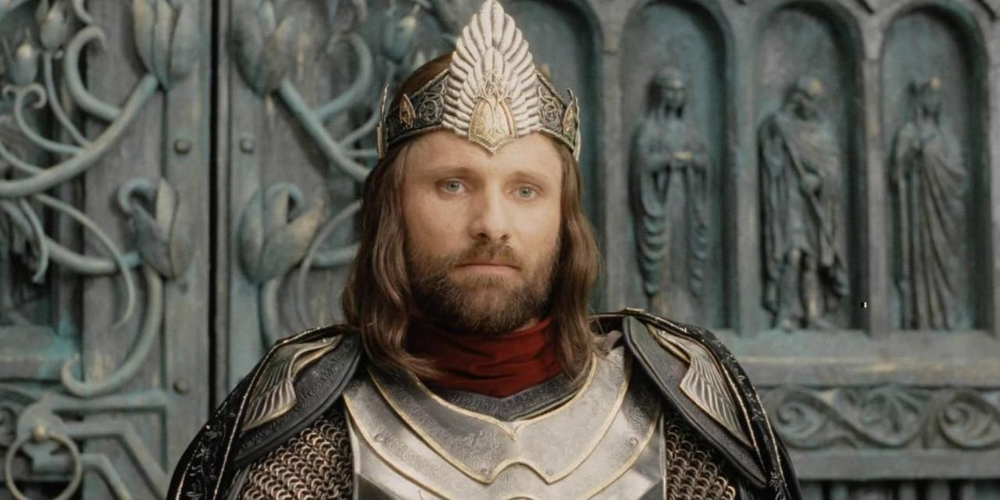
It's fitting that the critics consider The Lord of the Rings: The Return of the King as Jackson's greatest film because it swept the Oscars with a record-tying 11 wins. The trilogy's epic finale has a 94 on Metacritic and a 93 percent on Rotten Tomatoes. While some argue the series of endings hurt the film overall, Wall Street Journal critic Joe Morgenstern defended them, writing, "yes, the running time is long, and yes, those many endings in a slow, dreamy coda left me feeling spent -- better spent than I can ever remember."
0 Comments